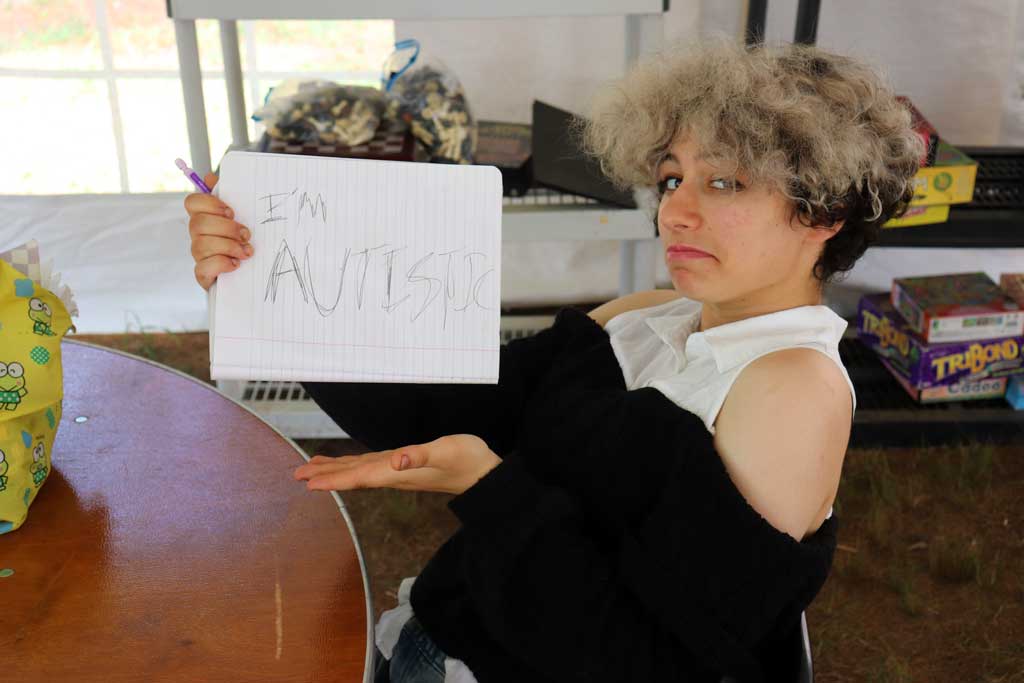
Choosing a summer camp for a neurodivergent teen can feel complicated. Parents want their teens to gain independence, make friends, and build confidence, but they also need to know that camp staff understand neurodiversity and can create an environment where everyone feels safe and included.
While every program is different, certain elements tend to make a real difference. Here are five key features to look for when evaluating whether a camp is truly neurodivergent-friendly.
1. Reliable Health and Emotional Support
A sense of safety begins with strong, consistent support. Camps with on-site nurses and mental-health professionals can help teens manage their everyday health needs and emotional ups and downs.
This doesn’t mean a camp must be “therapeutic,” it means that it’s prepared. When teens know there’s always someone available to talk to or assist with medications, they can relax and focus on what camp is really about: fun, growth, and connection.
2. Sensory-Friendly Spaces
Neurodivergent teens often experience heightened sensitivity to sound, light, or crowds. Camps that anticipate this and provide low-stimulation areas or quiet zones show they understand how to support a range of sensory needs.
Simple accommodations like shaded areas, calm cabins, or flexible schedules can make a big difference in helping teens self-regulate and stay engaged throughout the day.
3. Staff Who Understand Neurodiversity
A camp’s success depends largely on its staff. Look for programs that hire and train counselors who approach neurodiversity with patience, empathy, and curiosity.
The best staff recognize that no two campers are the same. They focus on connection and communication, helping teens feel understood rather than “managed.” That approach builds trust and creates the foundation for real friendships.
4. Balance Between Structure and Choice
Predictability and autonomy can coexist, and both matter. A clear daily routine helps teens feel secure, while elective activities give them freedom to explore interests and develop confidence.
Parents can ask how camps balance these two needs. Is there a posted schedule? Are activities optional? Programs that combine structure with flexibility help reduce anxiety and empower campers to participate on their own terms.
5. A Culture of Belonging
The most important quality in any camp is its culture. When kindness and inclusion are the norm, teens feel safe being themselves. A psychologically safe community allows them to take healthy risks, share their quirks, and form genuine friendships.
That sense of belonging, not perfection, is what helps neurodivergent teens grow socially and emotionally.
Final Thoughts
When choosing a summer camp, look beyond labels. A program doesn’t need to market itself as a “special needs” camp to be the right fit. What matters is its awareness of neurodiversity, its staff training, and its commitment to inclusion.
If you’d like to see these principles in action, visit OTC’s Neurodivergent Camp page. OTC is a supportive, inclusive camp where neurodivergent teens thrive socially, emotionally, and creatively.